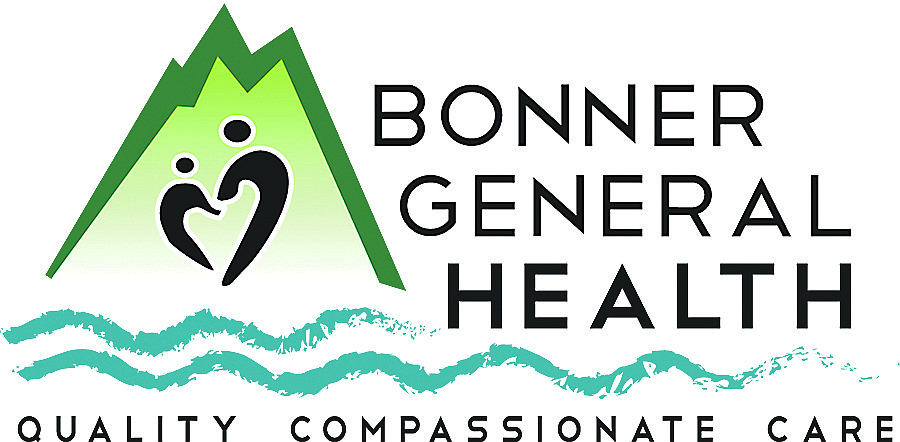Keeping your skin in the game
Healthy skin is more than looking youthful, it’s our first layer of defense against the outside world. Skin gives us clues to our overall health, so it’s important for us to take care of our skin so it takes care of us.
The National Institutes of Health’s website says, “Skin protects your body in many ways. The skin provides a barrier to protect the body from invasion by bacteria and other possible environmental hazards that can be dangerous for human health.”
The largest organ in our bodies, skin plays several different roles. “It contains nerve endings that let you feel when an object is too hot or sharp, so you can quickly pull away. Sweat glands and tiny blood vessels in your skin help to control your body temperature. And cells in your skin turn sunlight into vitamin D, which is important for healthy bones,” NIH explains.
Your skin can act like an alarm to health problems as well. NIH says that a red itchy rash might be an indication of an allergy or infection. “A red ‘butterfly’ rash on your face might be a sign of lupus. A yellow tint might indicate liver disease. And dark or unusual moles might be a warning sign of skin cancer.”
That’s why we should take a few minutes every day to concentrate on giving our skin the proper treatment it deserves. There are many tips for healthy skin on the internet. I’ll highlight some that may seem obvious but are worth pointing out.
Even though we live in a four-season climate, it’s important to use sunscreen every day that you’re outdoors. It’s been proven that sunscreen – look for an SPF 30 or higher – can prevent aging and skin cancer. Remember to reapply sunscreen every two hours. This is particularly important if you’re perspiring or working out in the elements, i.e. rain and snow.
Mayo Clinic says that smoking not only makes your skin look older because it contributes to wrinkles, it also narrows the tiny blood vessels in the outermost layers of skin, which decreases blood flow and makes skin paler. This also depletes the skin of oxygen and nutrients that are important to skin health.
“Smoking also damages collagen and elastin, the fibers that give your skin strength and elasticity. In addition, smoking increases your risk of squamous cell skin cancer,” Mayo says.
The American Academy of Dermatology Association says to gently wash your face upon waking, before going to bed and after sweating. Mayo Clinic agrees and adds that you should limit the hot water baths and showers. They can remove vital oils from the skin. They recommend using only warm water which you should also do when shaving.
While we’re talking about lotions, you’ll want to use skin care products that match your skin’s needs. The AADA says, “Whether your skin is oily, dry, normal, combination, or sensitive, using products formulated for your skin’s needs will help your skin look and feel its best.”
Both organizations say to stress less. “Finding healthy ways to manage stress can help your skin, too. Some skin diseases like psoriasis and atopic dermatitis (eczema) often appear for the first time when someone feels really stressed. Stress can also cause flare-ups of many skin conditions, including acne, eczema, psoriasis, and rosacea,” AADA advises.
And of course, you should eat plenty of fruit, vegetables, whole grains, lean proteins and drink plenty of water. Mayo says that although the association between diet and skin conditions is unclear, “research suggests that a diet rich in fish oil or fish oil supplements and low in unhealthy fats and processed or refined carbohydrates might promote younger-looking skin.”
And don’t forget to take proper care of any skin injuries. Clean cuts and scrapes immediately by rinsing the wound under warm water to avoid infection. If you see any signs of infection which include changes in color, increase in pain, drainage, warmth or swelling call your primary care provider.
And finally, always wear proper protective gear to avoid injury. Wear proper clothes for the weather to prevent sunburn or frostbite. Check moles and birthmarks for any changes in appearance. And, if you have a severe wound, remember the emergency department is always open.
Kathy Hubbard is a member of the Bonner General Health Foundation Advisory Council. She can be reached at kathyleehubbard@yahoo.com.

